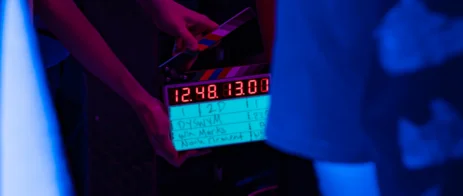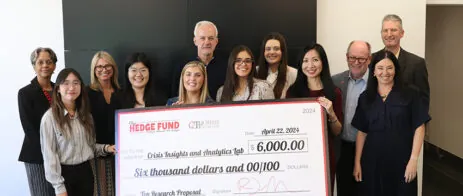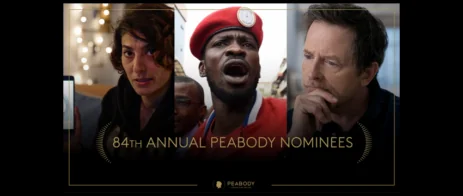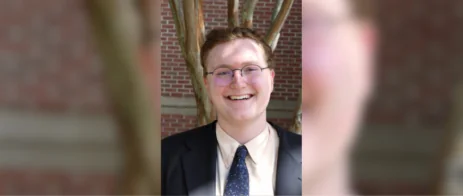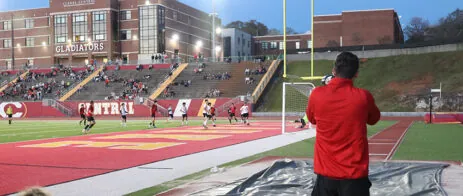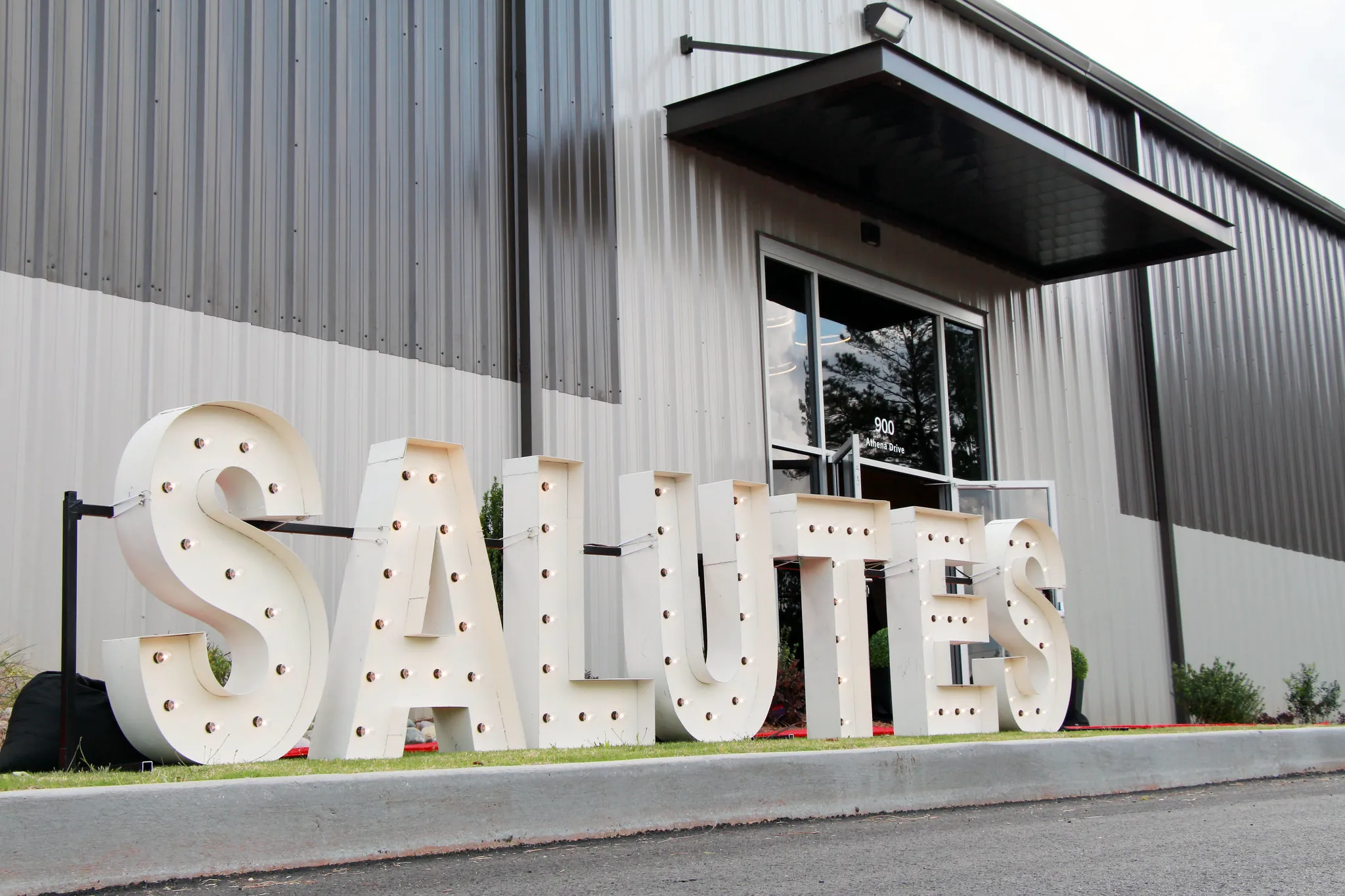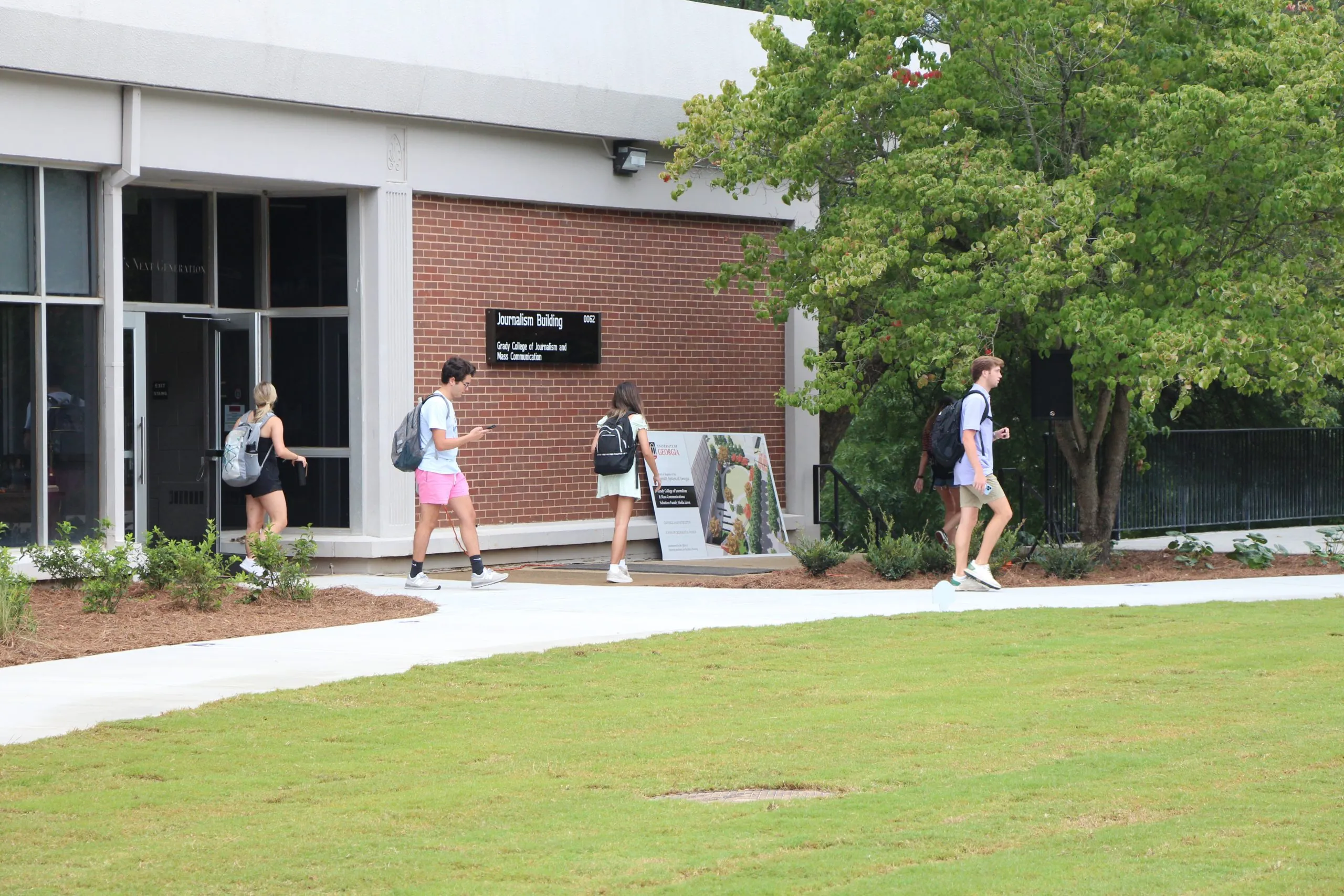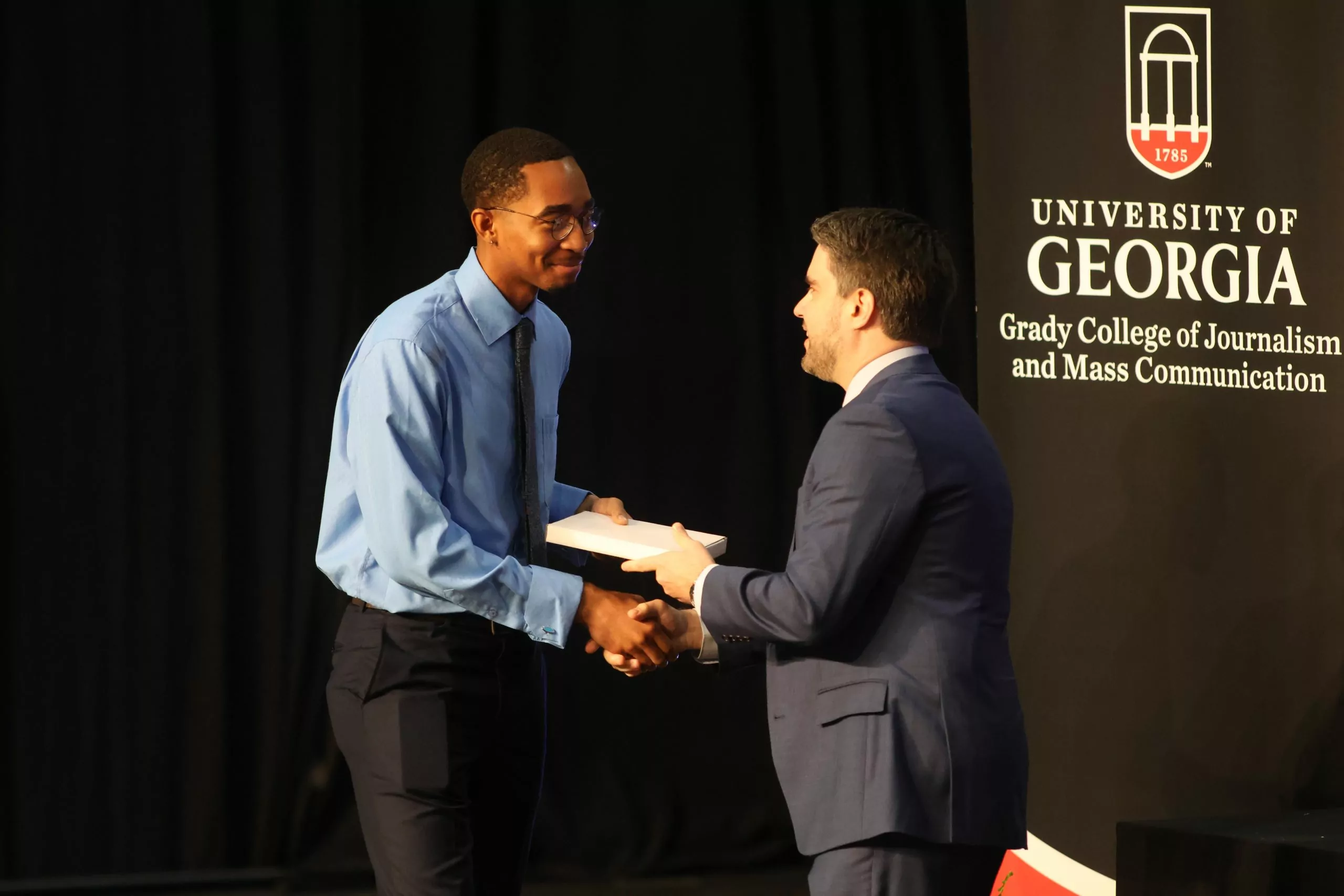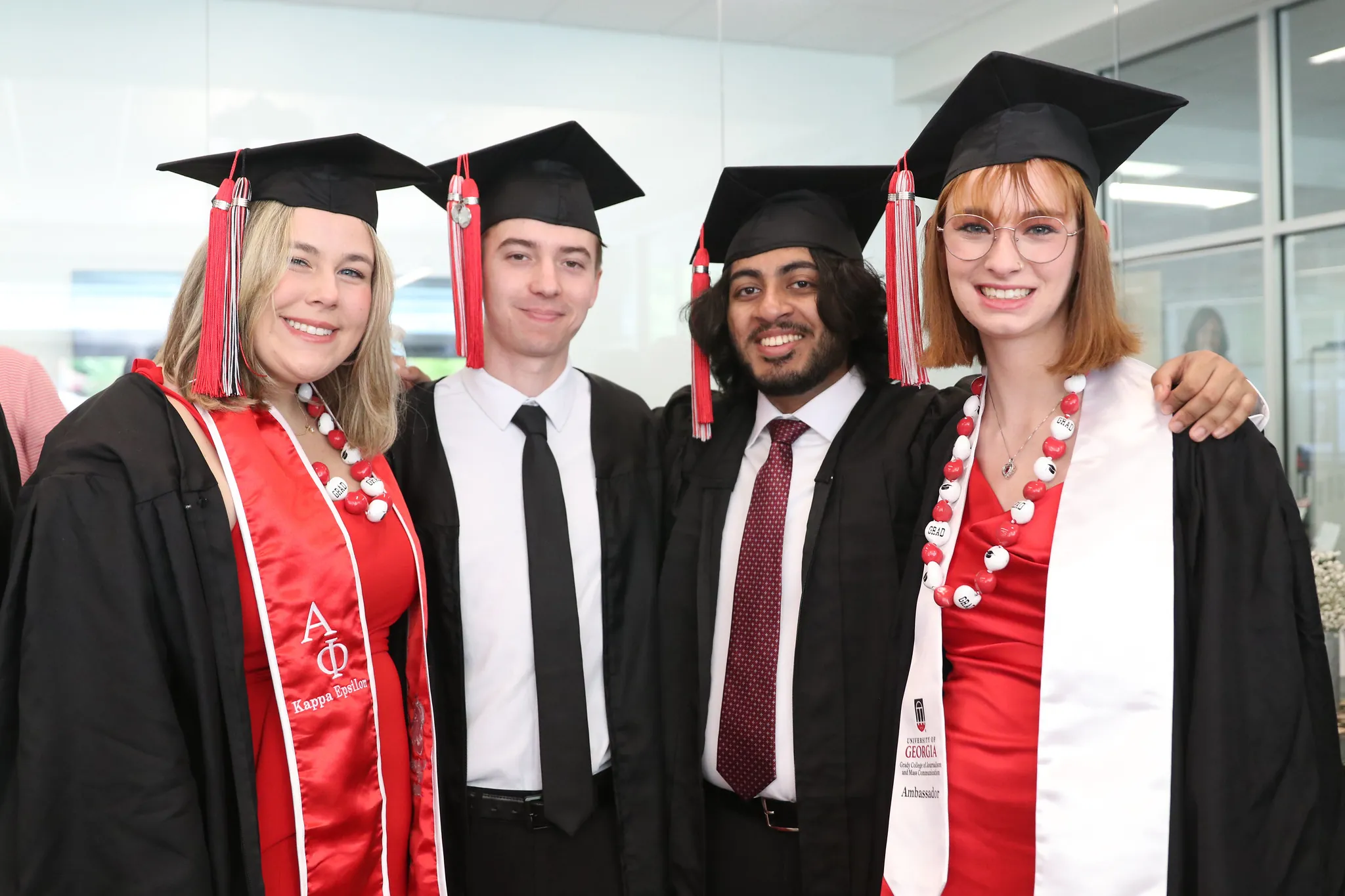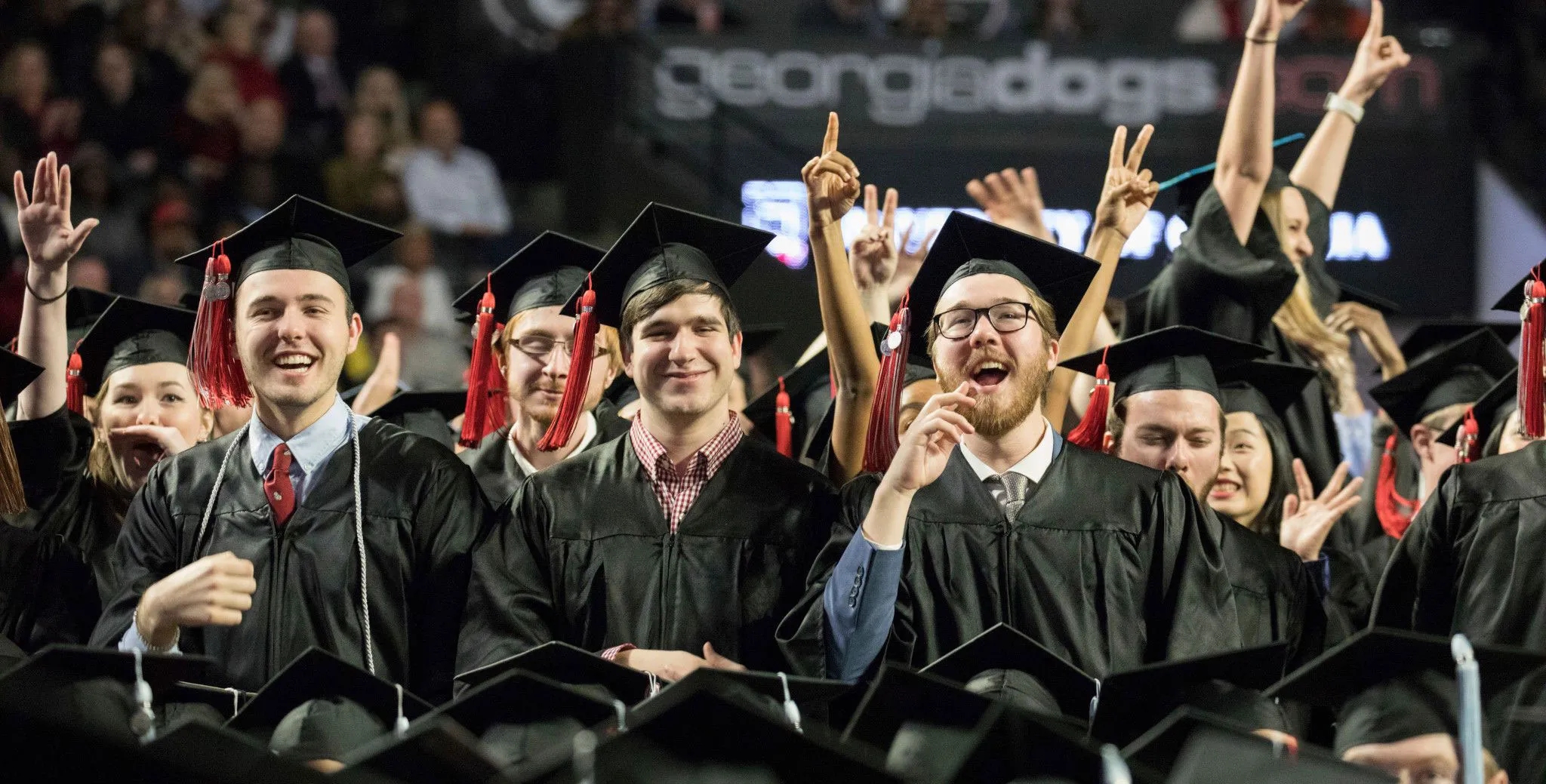Graduate Studies
Where communications scholars become difference-makers
Gain knowledge, skills and hands-on experience in the ever-evolving media industry. Our graduate students leave our program as critical thinkers and problem solvers, with a wide range of skills and an impressive portfolio that makes them more knowledgeable, experienced and employable within any media profession.
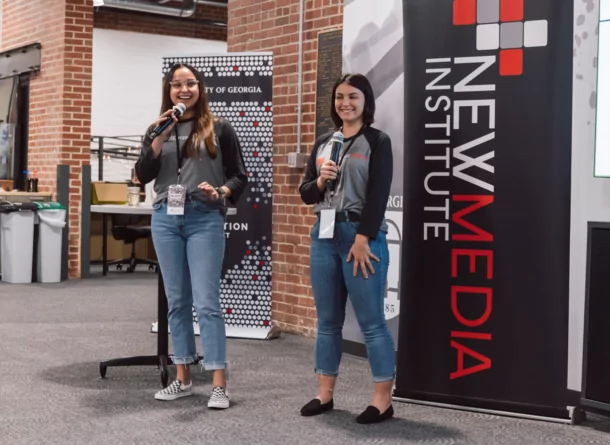
Graduate Degrees
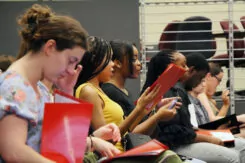
M.A. Degree
Pursue an M.A. degree in communications with eight different concentration options.
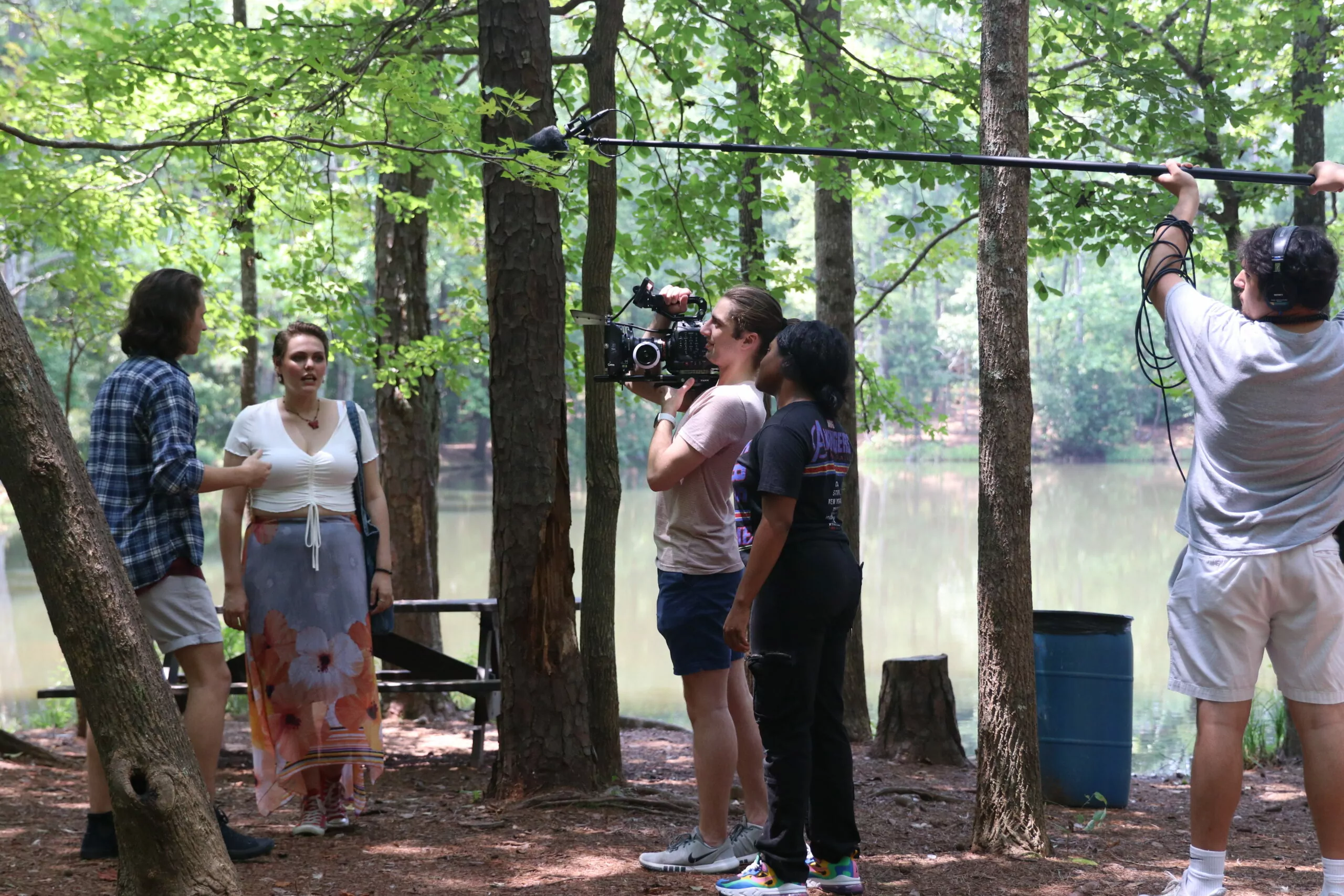
M.F.A. in Film, Television & Digital Media
Answer the need of one of the state’s largest industries.
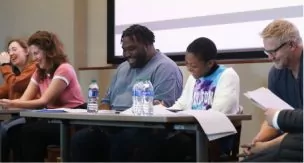
Low-Residency M.F.A in Narrative Media Writing
Give voice to stories that matter through writing a marketable non-fiction book or screenplay in two years.
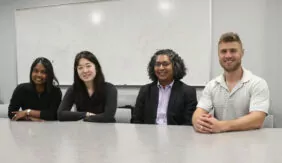
Ph.D. Degree Program
Set a course to make an impact through a career in education, research, industry or government.
Graduate Certificate in Media Analytics
Learn how to deliver data-driven insights through specialized course work in media management, media planning, research methods and more. Students work with their major graduate professors to complete the requirements for this certificate.
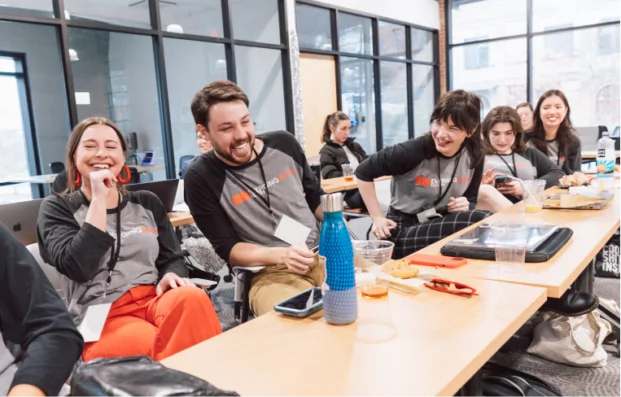
Double Dawgs
The Double Dawgs program creates programs for qualified students to earn an undergraduate and graduate degree within a five-year timeframe.
FAQs for Current and Prospective Students
Find answers to questions pertaining to current and prospective Grady graduate students.
The Latest
Read the newest headlines, get updates and discover events happening at Grady.
Events
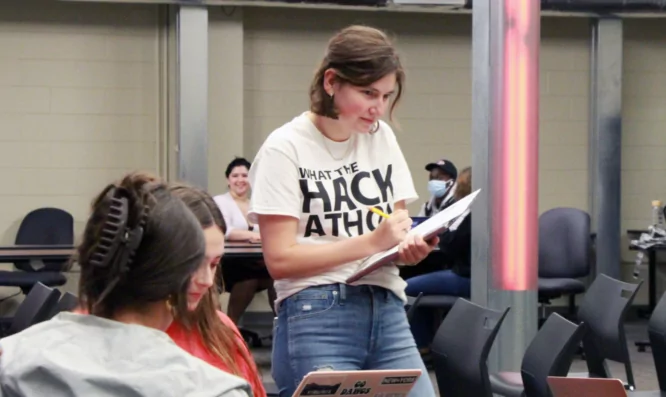
Apply
Your advanced education starts here. Admission to Grady College’s graduate studies is a collaborative process involving Grady College and the University of Georgia’s Graduate School.

